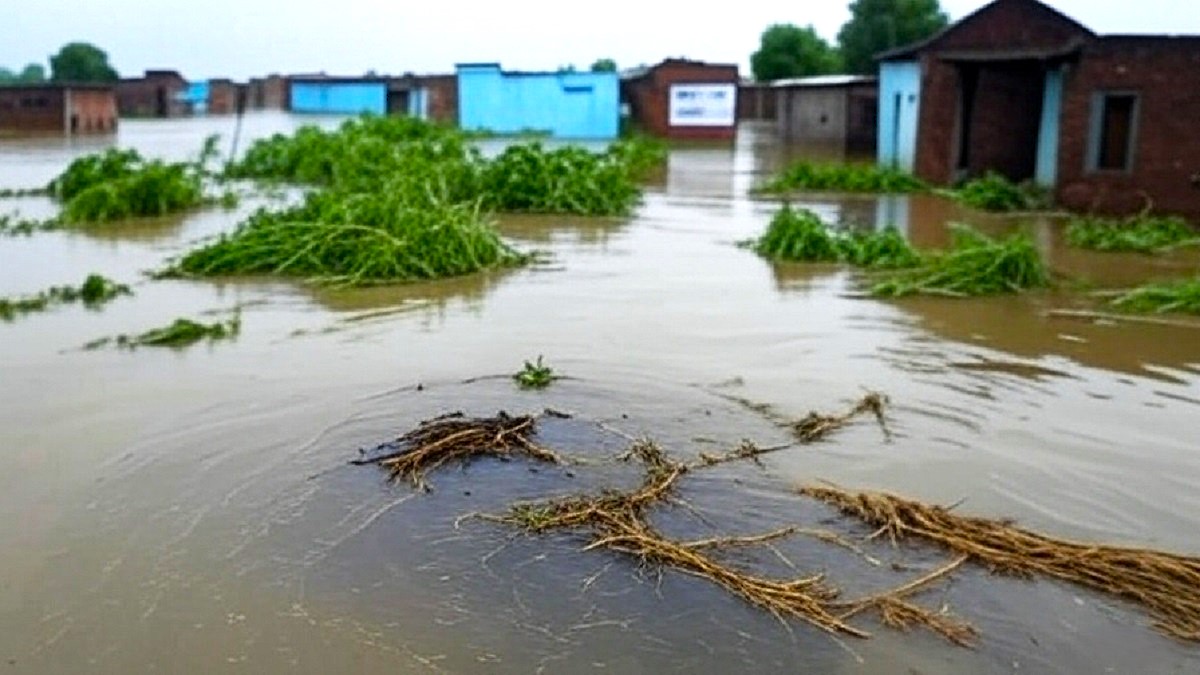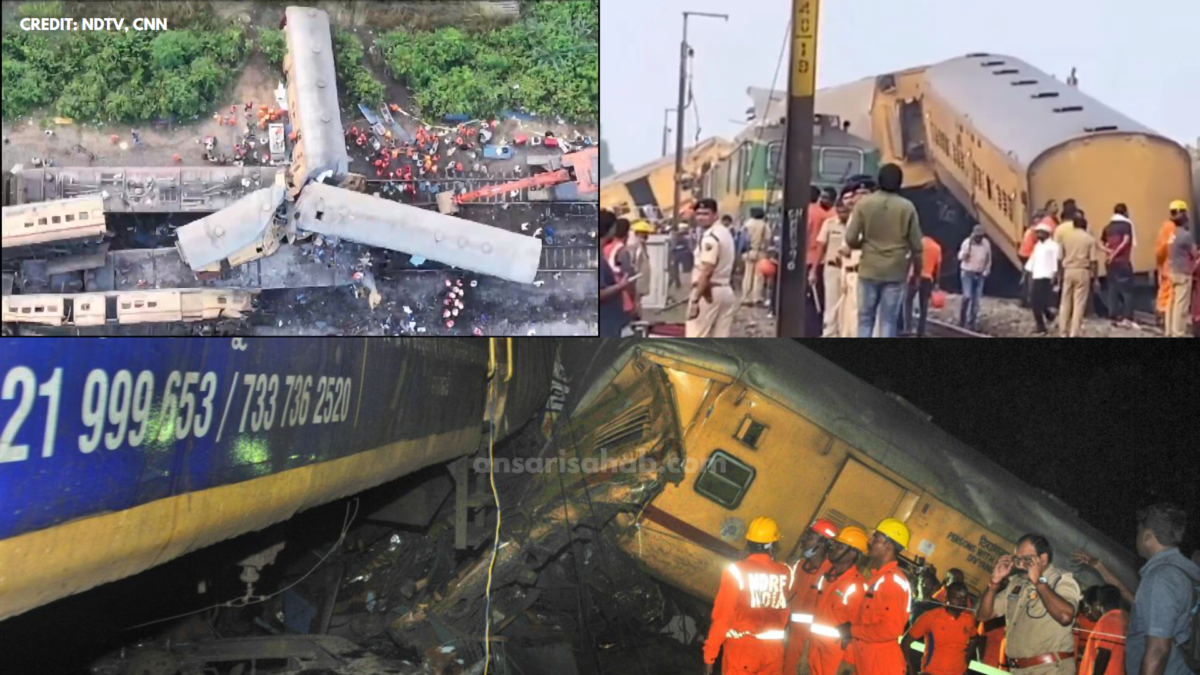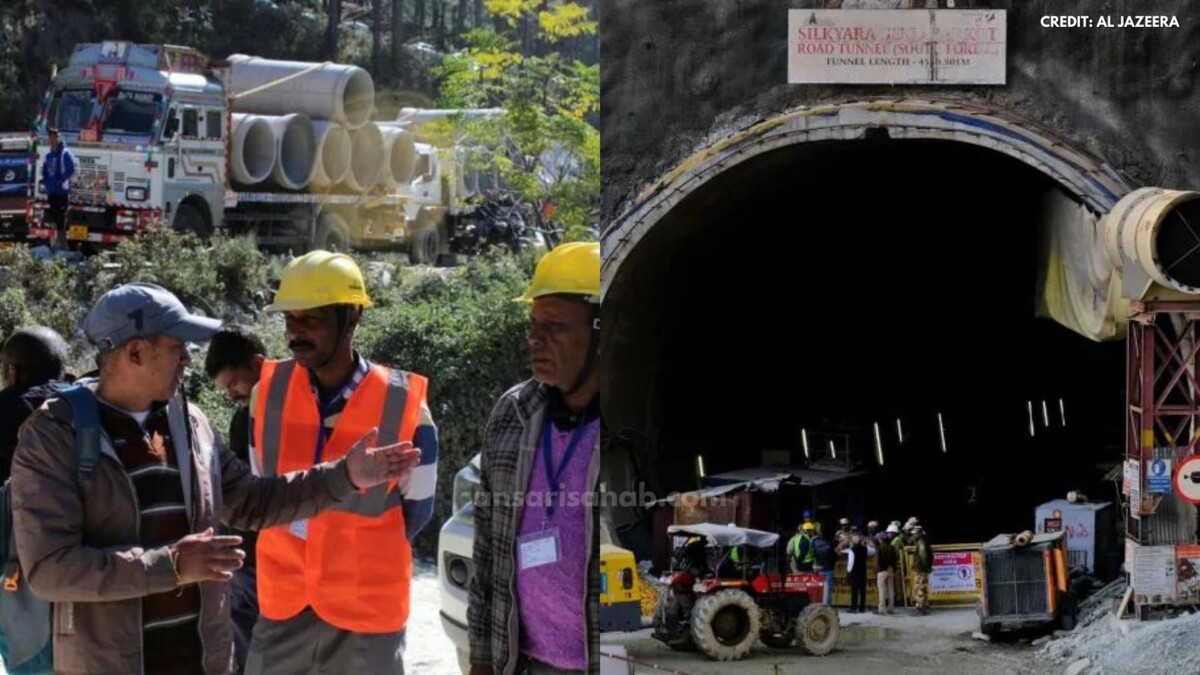Tragedy Deepens, Relief Efforts Intensify
The Punjab flood 2025 disaster claimed at least 48 lives and affected nearly 3.9 lakh people across 2,050 villages, prompting swift action from both state and central governments. Prime Minister Narendra Modi is set to personally assess the devastation in Gurdaspur on September 9. The Aam Aadmi Party (AAP) is urging the Centre for a ₹20,000 crore relief package to support rehabilitation and recovery efforts.
Widespread Destruction Across Districts
Scope of the Flood Crisis
Punjab is grappling with its worst floods in decades. More than 4.42 lakh acres of crops have been destroyed, with Gurdaspur bearing the brunt—40,169 hectares lost, and 1.45 lakh residents severely impacted. Other severely affected districts include Amritsar, Ferozepur, and Fazilka.
Relief Operations Underway
Authorities have evacuated 22,938 people, established 219 relief camps, and deployed 23 NDRF teams, military units, and over 30 helicopters to assist in rescue operations. The state government is providing boats and other essential support where needed.
Central Response and Political Pressure
PM Modi’s Visit Signals Central Support
Modi will conduct an aerial survey before holding a high-level review in Gurdaspur to assess relief readiness and infrastructure needs. Local BJP leaders emphasize the Centre’s commitment to speedy assistance.
Simultaneously, the Punjab government has appealed for at least ₹20,000 crore in immediate relief, stressing the extensive damage to fields, homes, roads, and power infrastructure. AAP leaders, including Aman Arora, reiterated that pending dues of ₹60,000 crore should also be released.
Political Tensions Over Relief Delivery
Former Chhattisgarh CM Bhupesh Baghel blamed political friction between the AAP-led state and BJP-led Centre for sluggish relief efforts, as both administrations are accused of failing to coordinate timely action.
State-Led Compensation and Relief Actions
Structured Damage Assessments
Chief Minister Bhagwant Mann announced a special girdawari (damage assessment) to ensure thorough and transparent compensation. He pledged full relief based on findings from the aerial surveys and field visits.
Innovative Local Measures
As floodwaters recede, Punjab will permit farmers to mine the sand deposited on their fields and sell it, easing the Rabi sowing season’s burden. State officials are expected to roll out new policies shortly to enable this along with broader relief.
Living with the Fallout: What This Means for Punjab
- Agricultural devastation: Farmlands remain unusable, threatening food production and farmer livelihoods.
- Displacement and safety: Thousands remain uprooted and reliant on relief camps.
- Future stability risk: Restoration of infrastructure, homes, and waterways is critical for long-term recovery.
The Punjab flood 2025 highlights pressing needs for proactive governance, prompt relief, and sustainable flood management to prevent repeat disasters.
FAQs
A1: The flood has left 48 people dead, with three still unaccounted for, as confirmed by the Punjab government.
A2: The AAP government is requesting a ₹20,000 crore central relief package, along with release of ₹60,000 crore pending state funds.
A3: Punjab has launched a special girdawari to assess losses, pledged full compensation, initiated sand-mining permissions for farmers, and deployed thousands in rescue and relief operations.
The unfolding saga of Punjab flood 2025—from staggering human loss to urgent relief and long-term rehabilitation—reflects the urgent task of rebuilding lives and livelihoods turned upside down by nature’s fury.
Sources:
Times of India
Livemint
Tribune India









